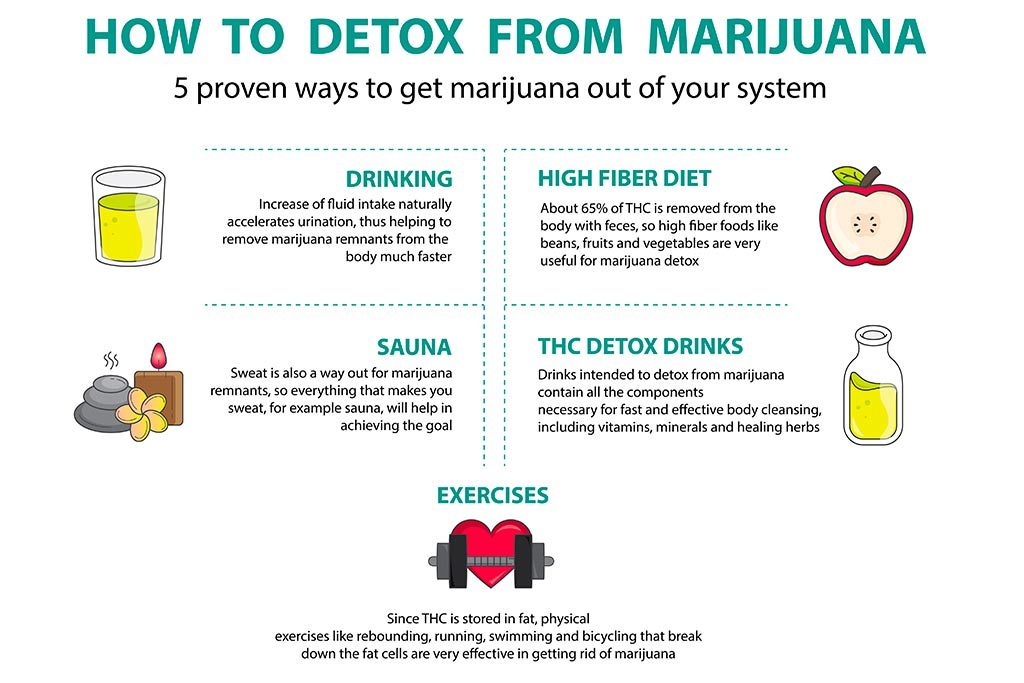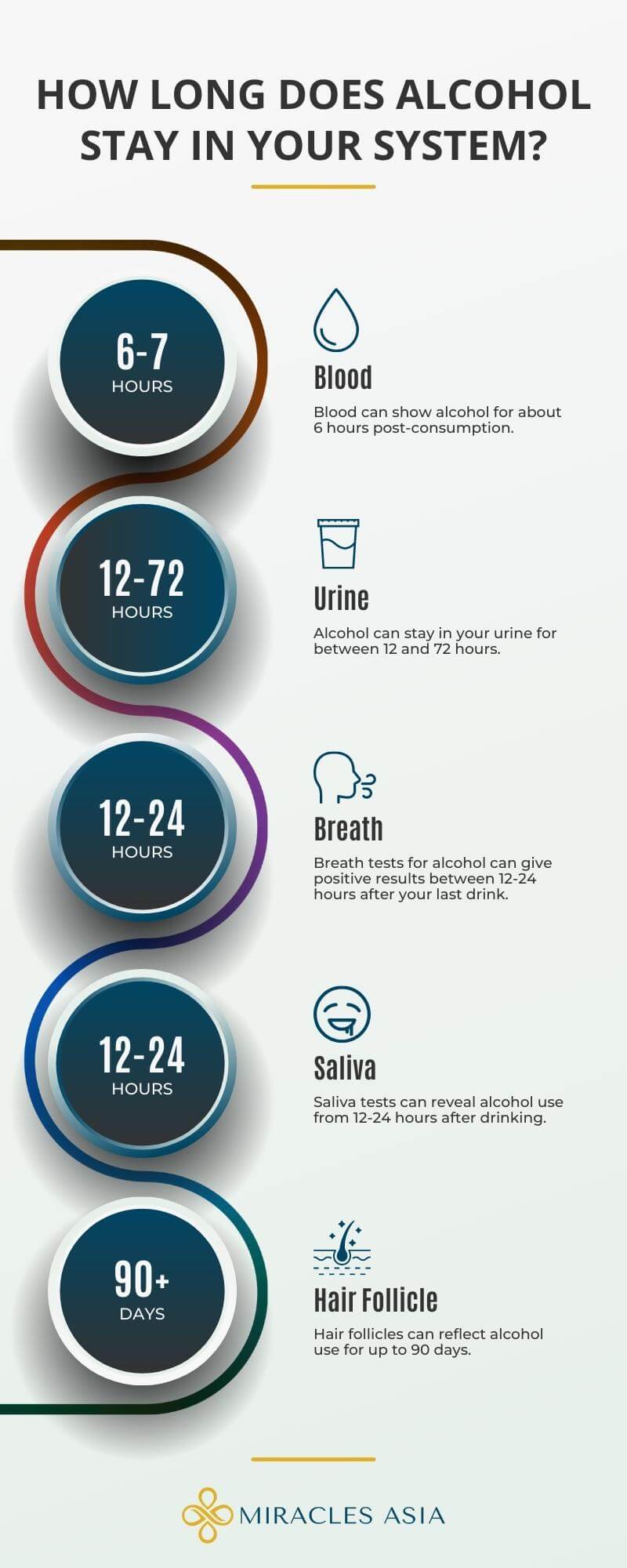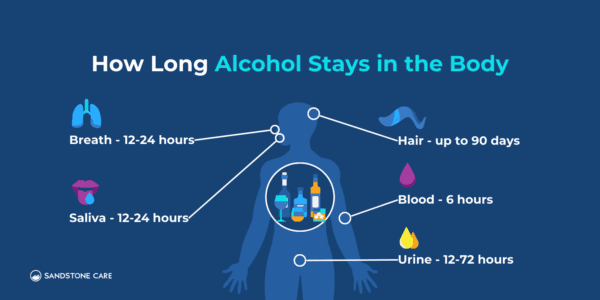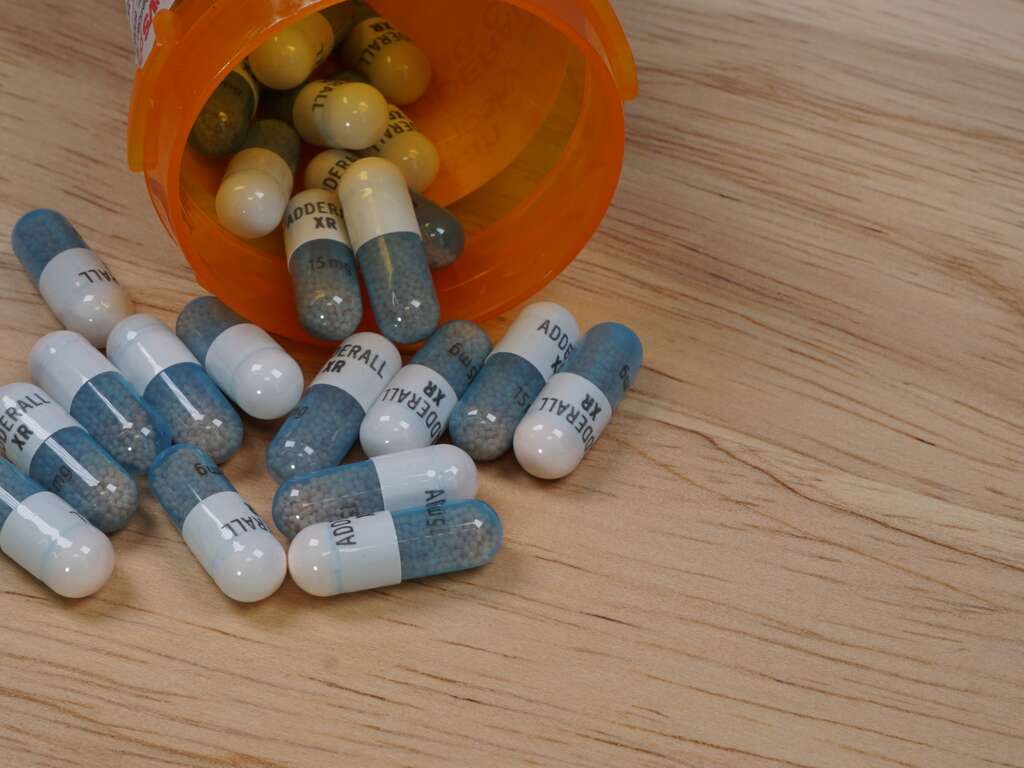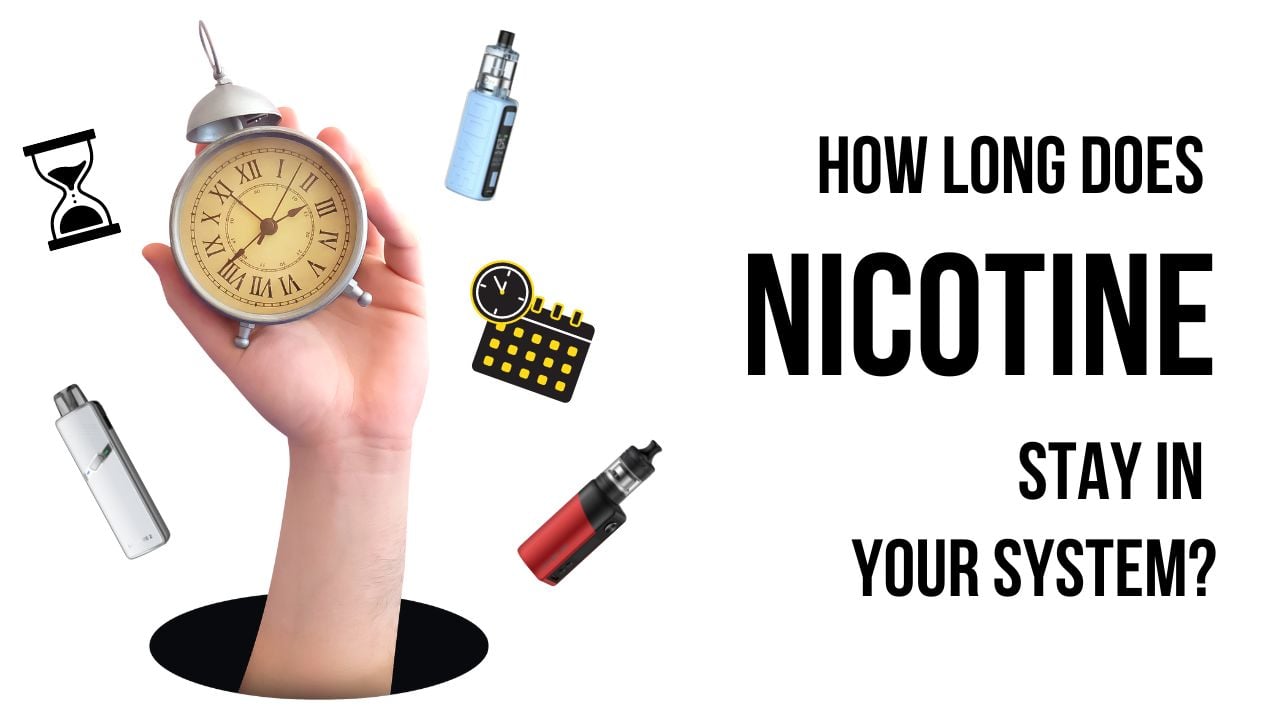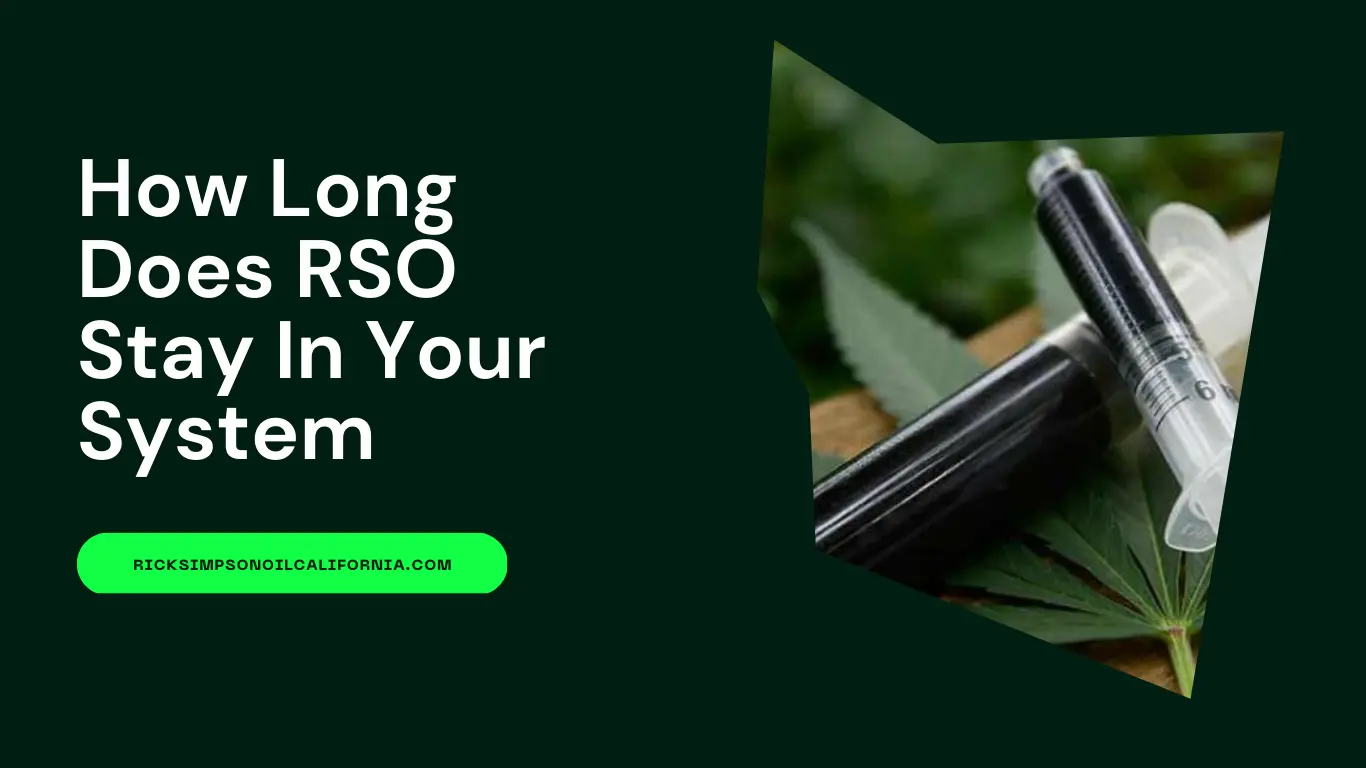How Long To Get Delta 9 Out Of Your System
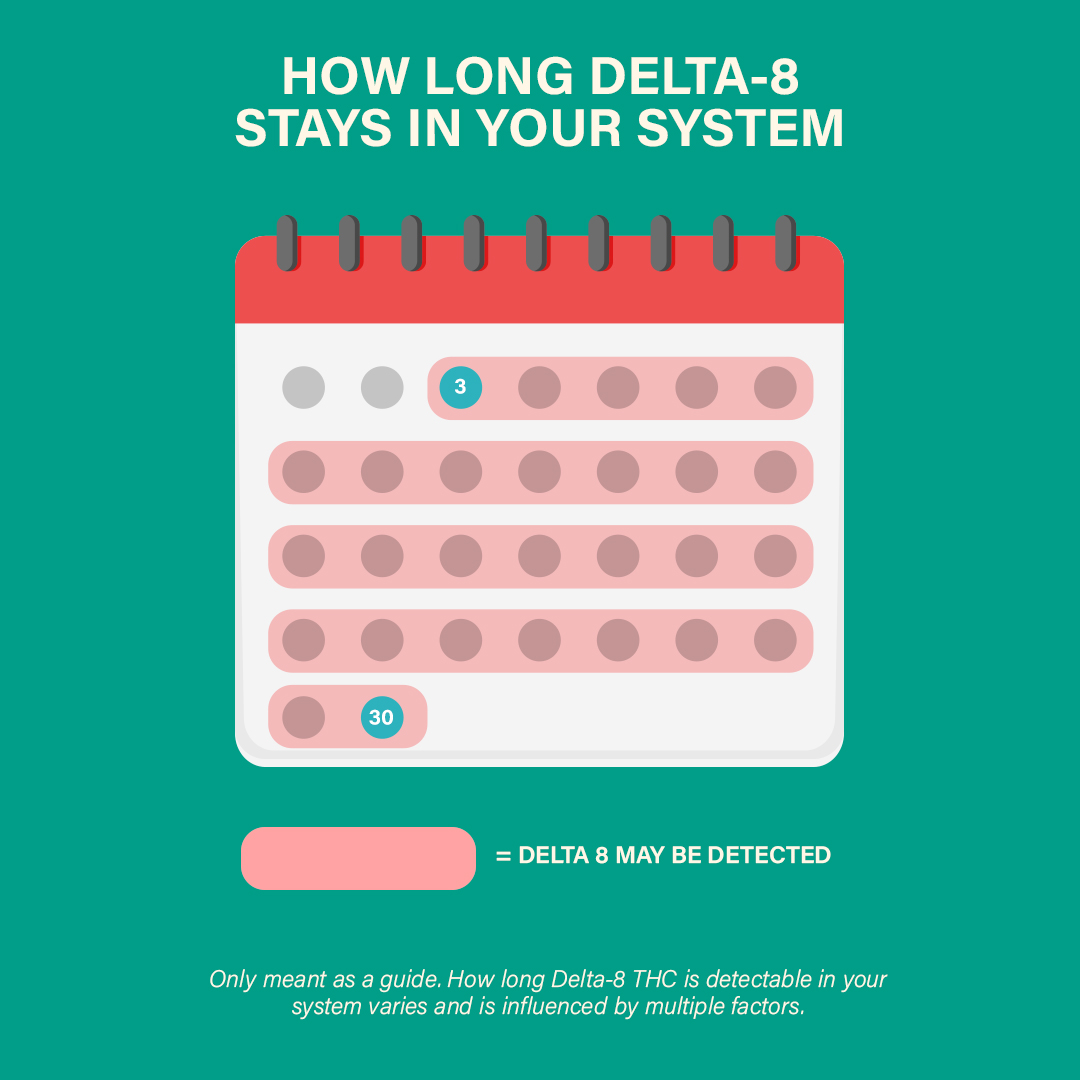
Time is of the essence for anyone facing a drug test after consuming Delta 9 THC. Understanding how long this psychoactive compound remains detectable is crucial for legal and professional reasons.
This article provides a concise overview of Delta 9 THC detection times in various bodily fluids and factors influencing these timelines. We prioritize delivering essential information to help you navigate this sensitive issue.
Detection Times: What You Need to Know
The detection window for Delta 9 THC, the primary psychoactive component of cannabis, varies significantly depending on the testing method.
Urine tests are the most common, with detection ranging from 3-30 days after last use, according to the Mayo Clinic Proceedings. Frequent users can test positive for significantly longer periods.
Blood tests typically detect THC for a shorter duration, generally 1-7 days, but are more invasive and less frequently used. Saliva tests have an even shorter window, usually detecting THC for 1-3 days.
Hair follicle tests offer the longest detection window, potentially up to 90 days or even longer. However, they are less common and can be influenced by external contamination.
Factors Influencing Detection Time
Several factors influence how long Delta 9 THC remains detectable in your system.
Frequency of use is a major determinant. Regular, heavy users will have longer detection windows than infrequent users. The more frequently you consume Delta 9 THC, the longer it takes for your body to eliminate it.
Metabolism plays a crucial role. Individuals with faster metabolisms will process and eliminate THC more quickly. Age, sex, and genetics all influence metabolic rate.
Body fat percentage is another factor. THC is fat-soluble, meaning it binds to fat cells. Individuals with higher body fat percentages may retain THC for longer periods.
Dosage is also significant. Higher doses of Delta 9 THC will take longer to clear from the system. The more you consume in a single session, the more time it takes to fully eliminate the substance.
Hydration levels and overall health can also indirectly affect detection times. Staying hydrated can help your body function optimally, potentially aiding in the elimination process, though this effect is often minimal.
Specific Testing Methods and Their Timelines
Urine Tests
As mentioned previously, urine tests are the most common. Occasional users might test positive for 3-7 days, while moderate users could test positive for up to 15 days. Heavy users may show positive results for 30 days or even longer.
Blood Tests
Blood tests are less frequently used but offer a more precise measurement of current impairment. Detection typically lasts from 1-7 days after last use. They are often used in cases of suspected impaired driving.
Saliva Tests
Saliva tests are non-invasive and easy to administer. They generally detect THC for 1-3 days. They are commonly used by law enforcement and employers for immediate screening.
Hair Follicle Tests
Hair follicle tests provide the longest detection window. They can detect THC use for up to 90 days or longer. However, they are less common and more expensive than other methods.
What Can You Do?
There is no guaranteed method to speed up the elimination of THC from your system. Claims of detox products or rapid cleansing methods are often misleading and unsubstantiated.
Staying hydrated, maintaining a healthy diet, and exercising regularly can support your body's natural detoxification processes. However, these actions will not drastically reduce detection times.
If you are facing a drug test, the best course of action is to abstain from Delta 9 THC consumption as soon as possible. Understanding the detection windows for various testing methods will help you make informed decisions.
Important Considerations and Legal Ramifications
It is crucial to understand the legal implications of cannabis use in your specific location. Laws regarding cannabis vary significantly from state to state and country to country. Be sure to consult with legal counsel if you are concerned about legal ramifications.
Employers often have strict policies regarding drug use. Review your company's policies carefully to understand the consequences of a positive drug test. The Department of Labor is also a good place to learn more on the legal ramifications.
Accurate information about Delta 9 THC detection times is essential for protecting your rights and making informed decisions. Consult with qualified professionals for personalized advice.
Next Steps
Further research is ongoing to better understand the metabolism and detection of Delta 9 THC. New testing methods and detection technologies are constantly being developed.
Stay informed about the latest research and legal developments related to cannabis. This knowledge will empower you to make responsible and informed choices. Also check SAMHSA reports for further research.
For personalized advice, consult with a medical professional or legal expert who is knowledgeable about cannabis and drug testing. Their guidance can help you navigate this complex issue effectively.

